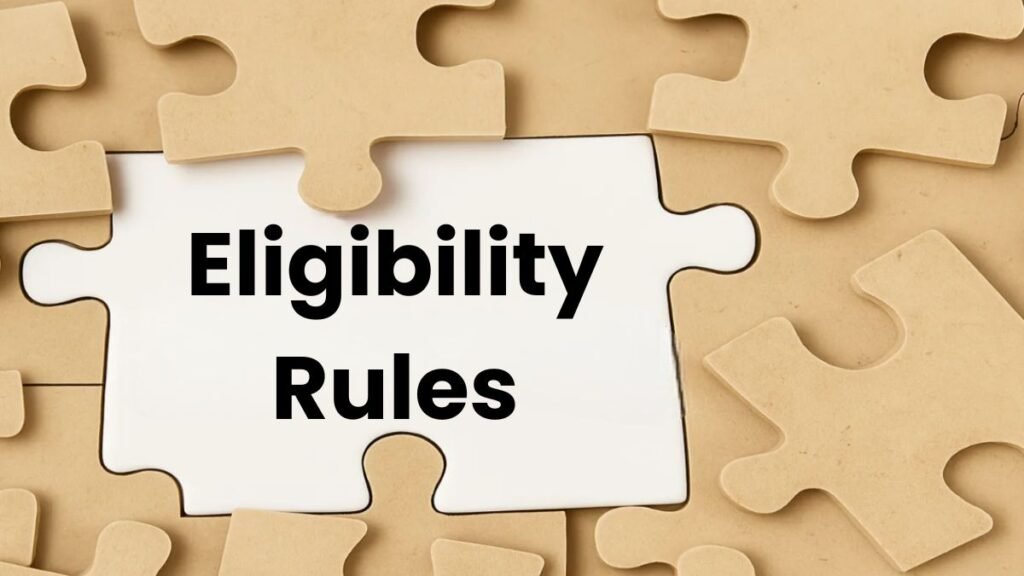The South African social security and financial assistance programs have been a lifeline to the poor and the vulnerable over the years. The government has projected a social grant of R1, 370 per capita to be paid in 2025, which will be a remarkable financial buffer against elderly people, low-income families, and needy persons.
The following paper will elaborate on what this social grant is, who is eligible, the application process, payment schedule, and other significant details that surround this scheme.
What is the R1,370 Social Grant?
- The Social Assistance payment which is also referred to as the Social Grant is a monthly payment through which the government makes financial aid to citizens who are eligible.
- This grant has been pegged at R1,370 in 2025.
- It is meant to enhance the living standards of the poor and the needy and offer them relief in their day to day activities.
- This payment is made when only using SASSA (South African Social Security Agency).
- Its gains go a long way to cover the cost of rent, food, power, and health care to the poor families.
The Role of SASSA
- SASSA (South African Social Security Agency) is the main agency implementing government benefits and social security programs in South Africa.
- SASSA oversees all social grants, including the Old Age Grant, Disability Grant, Child Support Grant, and R1,370 Social Grant.
- It ensures that benefits reach the correct and eligible citizens.
- SASSA has also launched online portals and mobile apps to make the payment process digital and transparent.
Structure of the 2025 R1,370 Social Grant
The monthly payment of the R1,370 Social Grant is done.
This is not a fixed amount, it may be changed by the government according to the economic circumstances and the financial needs.
This is a payment that is deposited in a bank account. The individuals who lack a bank account get it at a post office or a SASSA agent With this grant, people who are poor and disadvantaged are given primary relief in 2025.
Eligibility Rules

SASSA has established clear criteria for receiving the R1,370 social grant. Only those who meet these criteria will be eligible
- Residence and Citizenship: Applicants must be permanent residents or citizens of South Africa.
- Income and Asset Limits: This grant is intended for low-income individuals.
- Those whose monthly income and assets exceed the limits set by SASSA will not be eligible.
- Age and Status: This grant prioritizes senior citizens (60+), persons with disabilities, or guardians of children.
- Application and Documents:
- The eligibles are required to provide identification, evidence of residence and evidence of income.
- The accuracy of all the documents should be up to date.
- Other Limitations: Anyone who violates SASSA’s rules or is found to be involved in fraud will not be eligible.
Application Process for the R1,370 Social Grant
SASSA has provided several options to simplify and facilitate the application process.
Online Application
- Visit SASSA’s official website
- Open or register an SASSA account.
- Enter personal details and bank details and necessary documents on application form.
- Send in all the documents and submit.
Offline Application
- The closest SASSA office or post office can be visited by the applicants.
- Complete the application form and attach all the documents there.
- SASSA employees will screen the application and decide whether one is eligible.
- Noticeable: Forms received past the application date will not be considered.
Payment and Disbursement

- SASSA has made the R1,370 Grant payment process transparent and timely.
- Weeks and Dates: SASSA announces payment dates in advance each month.
- Direct Bank Deposit: The fastest and most secure method for eligible beneficiaries.
- Post Offices and SASSA Agents: These options are available to those without a bank account.
- Payment delays can be caused by incorrect bank details, incomplete information, or missing documents.
Relief for Senior Citizens and Vulnerable Sections
- The R1,370 Social Grant provides financial security for senior citizens, persons with disabilities, and low-income families.
- The elderly people can utilize this funds in medicine, health care and day-to-day expenses.
- It can be used by low-income families in food, electricity bills and rent.
- This grant can help to avoid financial strain and help to become self-reliant.
Common Problems and Solutions
Delays and problems with applications or payments are sometimes encountered. Common reasons include:
- Failure to submit an application on time.
- Incorrect bank details.
- Documents are incomplete or incorrect.
- Errors in residence or identification.
- Solution: Always make sure that everything is right and updated when turning in the application
Conclusion
In South Africa, the Social Grant of R1,370 2025 relieves poor, vulnerable and elderly citizens of the cost of living SASSA has done it in a transparent, easy and well timed process Correct eligibility, filing of application and updating of documents are very important to benefit receipt.
This grant is not only intended to offer financial help but also it is aimed at offering security, independence and dignity to the citizens The Social Grant R1370 is an essential financial aid to the poor and needy citizens making them stabilize in their daily lives.
FAQs
Q1. What is the R1,370 Social Grant?
A. It is a monthly financial assistance payment provided by SASSA to eligible South African residents in 2025 to support low-income and vulnerable individuals.
Q2. Who qualifies for this social grant?
A. Eligible individuals include senior citizens, people with disabilities, and caregivers of children who meet SASSA’s income and residency requirements.
Q3. How much is the payment?
AThe social grant payment is R1,370 per month for 2025.
Q4. How can I apply for the R1,370 Social Grant?
A. Applications can be submitted online via the SASSA portal or offline at local SASSA offices or post offices with all required documentation.
Q5. What documents are required to apply?
A. Applicants need proof of identity, residence, and income to verify eligibility.
